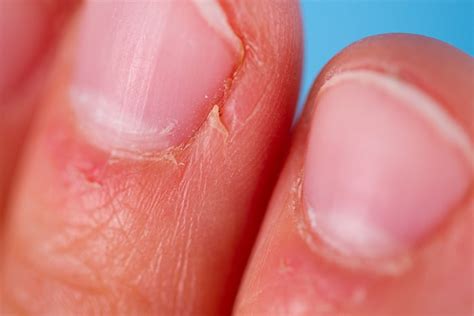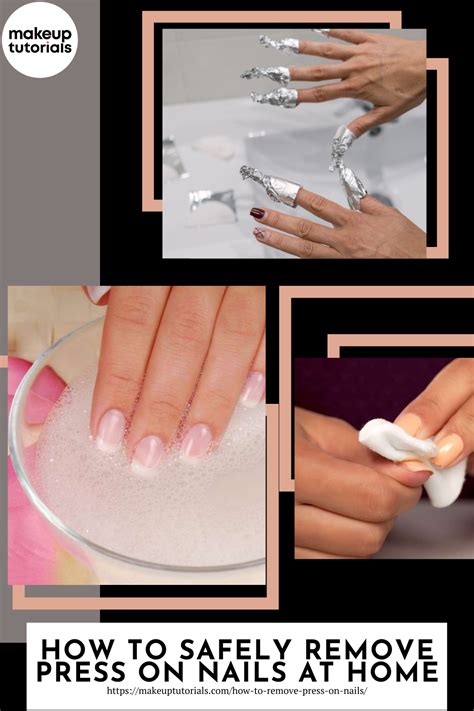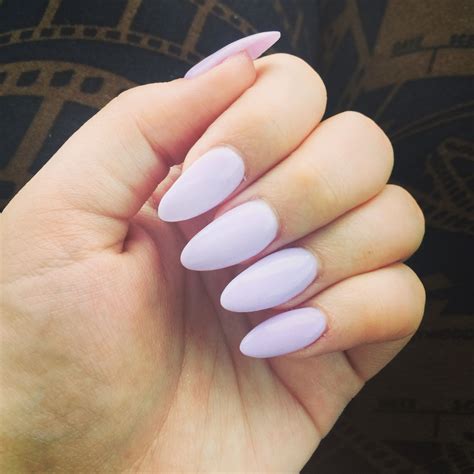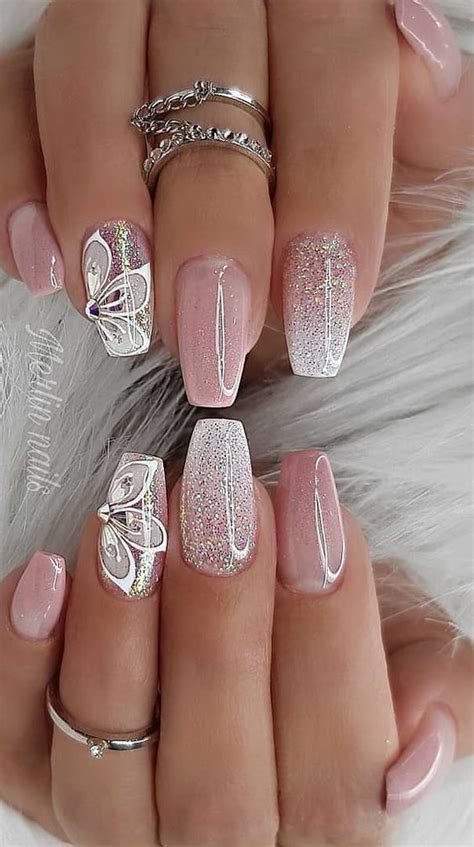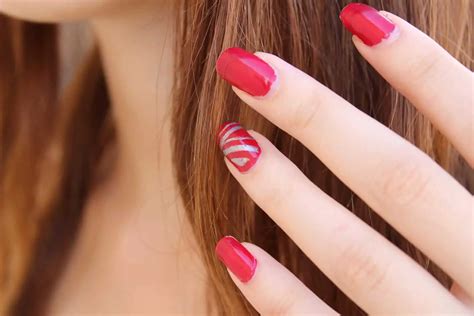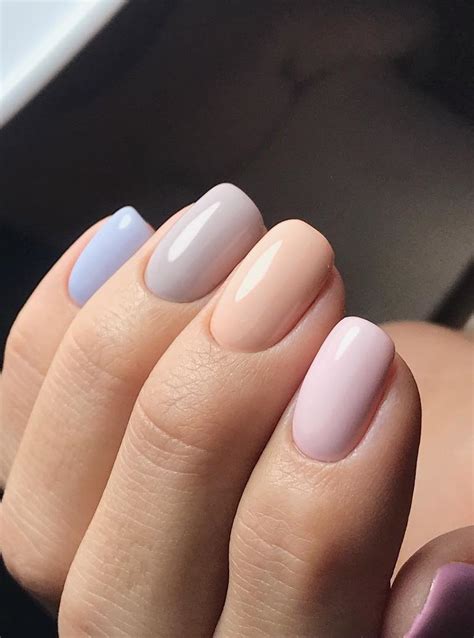Learn about hangnails, causes, vitamin role in nail health, signs of deficiency, and prevention/treatment. Essential info for maintaining healthy nails.
What are hangnails?
Contents
Hangnails are small, jagged strips of skin that often appear around the edges of the fingernails. They are typically caused by dry skin, but can also be the result of additional factors such as nail biting, using harsh chemicals, or even a vitamin deficiency. These pesky bits of skin can be quite painful and irritating, as they tend to catch on clothing and can lead to further tearing of the skin around the nails.
Hangnails are not only unsightly but can also lead to infections if not properly cared for. It’s important to clip off hangnails rather than tearing them, as this can lead to further damage. Additionally, keeping the skin around the nails moisturized can help prevent hangnails from forming in the first place.
For some individuals, frequent hangnails may be a sign of a vitamin deficiency, particularly a lack of vitamins A, C, or biotin. Ensuring a well-balanced diet that includes plenty of fruits, vegetables, and whole grains can help provide the necessary nutrients for healthy nails and skin.
In conclusion, hangnails are a common annoyance that can be caused by a variety of factors, including dry skin, nail biting, and vitamin deficiency. Keeping the skin moisturized and consuming a nutrient-rich diet can help prevent and treat hangnails.
Causes of hangnails
Hangnails can be quite irritating and painful, and they can be caused by a number of different factors. One of the main causes of hangnails is the lack of moisture in the nails and cuticles. When the skin around the nails becomes dry and brittle, it can easily tear, leading to the formation of hangnails. Another common cause of hangnails is excessive nail biting or picking at the cuticles. This can damage the skin and leave it vulnerable to hangnails. Additionally, exposure to harsh chemicals and frequent hand washing without moisturizing can also contribute to the development of hangnails. Finally, certain nutritional deficiencies, such as a lack of vitamin C or B vitamins, can weaken the nails and increase the likelihood of hangnails.
Role of vitamins in nail health
When it comes to nail health, the role of vitamins cannot be overstated. Vitamins play a crucial part in maintaining the strength and appearance of our nails. One of the most important vitamins for nail health is biotin, also known as vitamin H. Biotin helps to strengthen the nails and prevent them from becoming brittle and weak, reducing the likelihood of hangnails forming.
In addition to biotin, vitamin C is also essential for nail health. Vitamin C helps to promote the production of collagen, a protein that provides structure to the nails, making them less prone to breakage and peeling. Moreover, vitamin E is important for healthy nails, as it helps to repair and protect the nails from damage caused by free radicals.
Furthermore, vitamin A is vital for the maintenance of overall nail health. This vitamin helps to keep the nails moisturized and promotes healthy cell growth, reducing the risk of developing hangnails. Lastly, vitamin D is also important for nail health, as it aids in the absorption of calcium, which is necessary for strong and healthy nails.
Incorporating a variety of vitamin-rich foods into your diet can significantly improve the health and appearance of your nails. Foods such as eggs, nuts, leafy greens, citrus fruits, and fish are all rich sources of these essential vitamins. Additionally, taking a multivitamin supplement can help ensure that you are getting an adequate amount of these vitamins for optimal nail health.
Signs of vitamin deficiency
When it comes to nail health, vitamins play a crucial role in ensuring that your nails are strong and healthy. One of the key signs of vitamin deficiency that can affect nail health is brittle and dry nails. If you notice that your nails are constantly breaking, peeling, or becoming thin, it could be a sign that your body is lacking essential vitamins such as biotin, vitamin C, and vitamin E.
Another common sign of vitamin deficiency is the development of ridges and white spots on the nails. These can be indicative of a lack of nutrients such as zinc, iron, and protein, which are essential for nail health. If you find that these ridges and spots are persisting, it may be worth considering whether your diet is providing you with the necessary vitamins and minerals.
Furthermore, frequent and persistent hangnails can also be a sign of vitamin deficiency. Hangnails are small, torn pieces of skin that occur at the edge of the nail and can be quite painful. If you find that you are experiencing hangnails on a regular basis, it may be a sign that your body is lacking essential nutrients that are needed for healthy nail growth and maintenance.
It’s important to note that while these signs can be indicative of vitamin deficiency, they can also be caused by other factors such as dehydration or excessive use of harsh chemicals. However, if you are experiencing these symptoms, it is advisable to consult a healthcare professional to determine whether vitamin deficiency could be the underlying cause.
Preventing and treating hangnails
Hangnails can be a painful and annoying problem for many people. They are small pieces of torn skin that occur around the edges of the fingernails. They can be caused by a variety of factors, including dry skin, biting or picking at the nails, and using harsh chemicals. However, vitamin deficiency can also play a role in the development of hangnails.
One of the best ways to prevent hangnails is to keep the nails and cuticles well-moisturized. Applying a good-quality moisturizer to the hands and nails several times a day can help to keep the skin soft and prevent hangnails from forming. It’s also important to avoid picking at the nails and cuticles, as this can cause damage to the skin and lead to the development of hangnails.
If you do develop a hangnail, it’s important to treat it properly to prevent infection and further irritation. Soak the affected finger in warm water for a few minutes to soften the skin, then use a clean pair of cuticle scissors to carefully trim away the excess skin. Be sure to sterilize the scissors before and after use to prevent the spread of bacteria.
In addition to proper moisturization and nail care, it’s also important to ensure that you are getting the necessary nutrients to support healthy nail growth. A diet rich in vitamins A, C, and E, as well as biotin and other B vitamins, can help to strengthen the nails and prevent the development of hangnails.
In conclusion, preventing and treating hangnails involves a combination of proper nail care, moisturization, and nutrient support. By taking steps to keep the nails and cuticles healthy and well-moisturized, and ensuring that you are getting the necessary nutrients to support strong, healthy nails, you can reduce the risk of developing hangnails and keep your hands looking and feeling their best.

